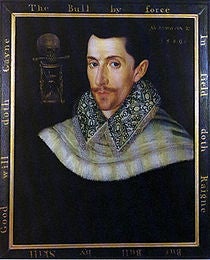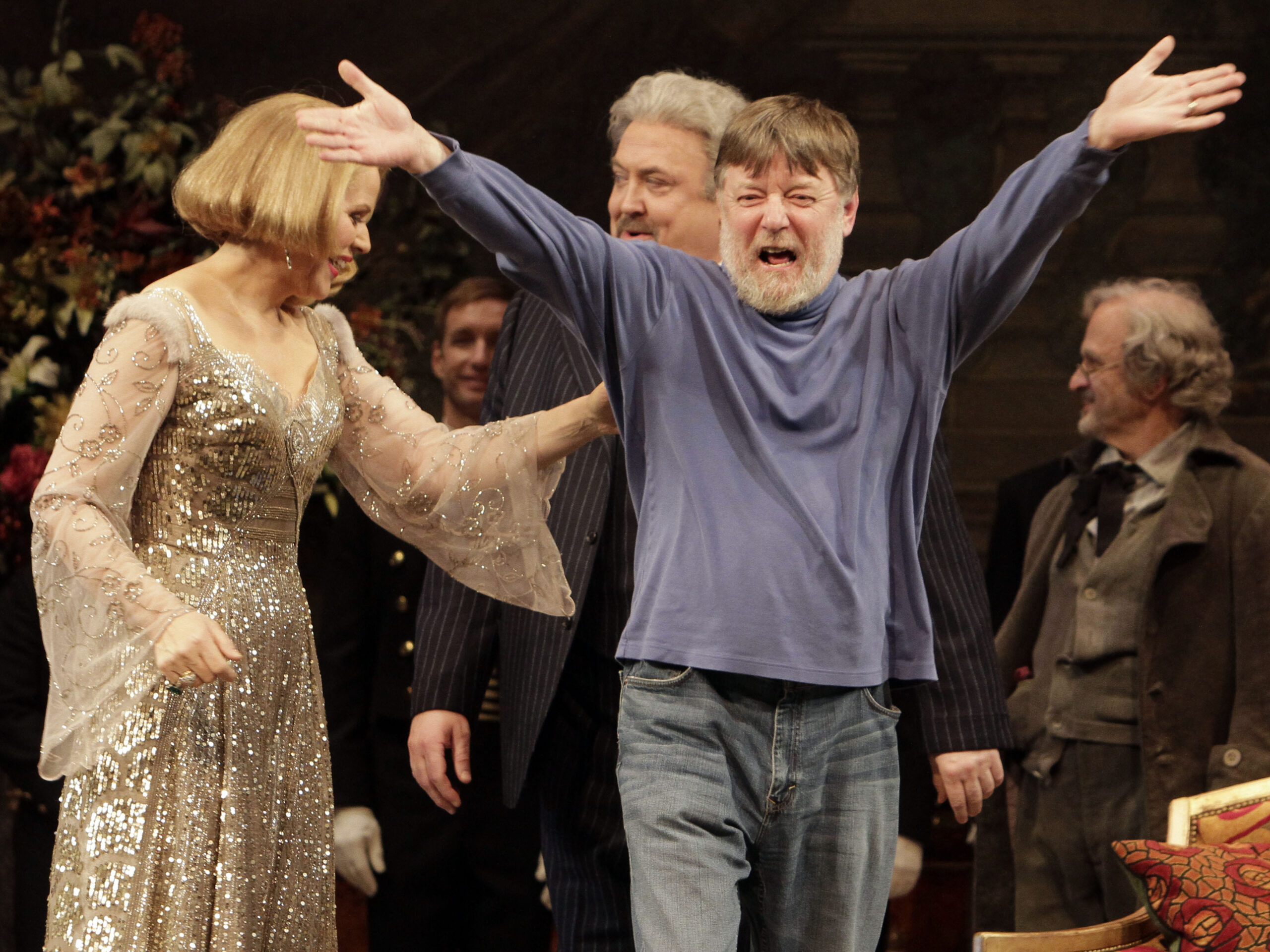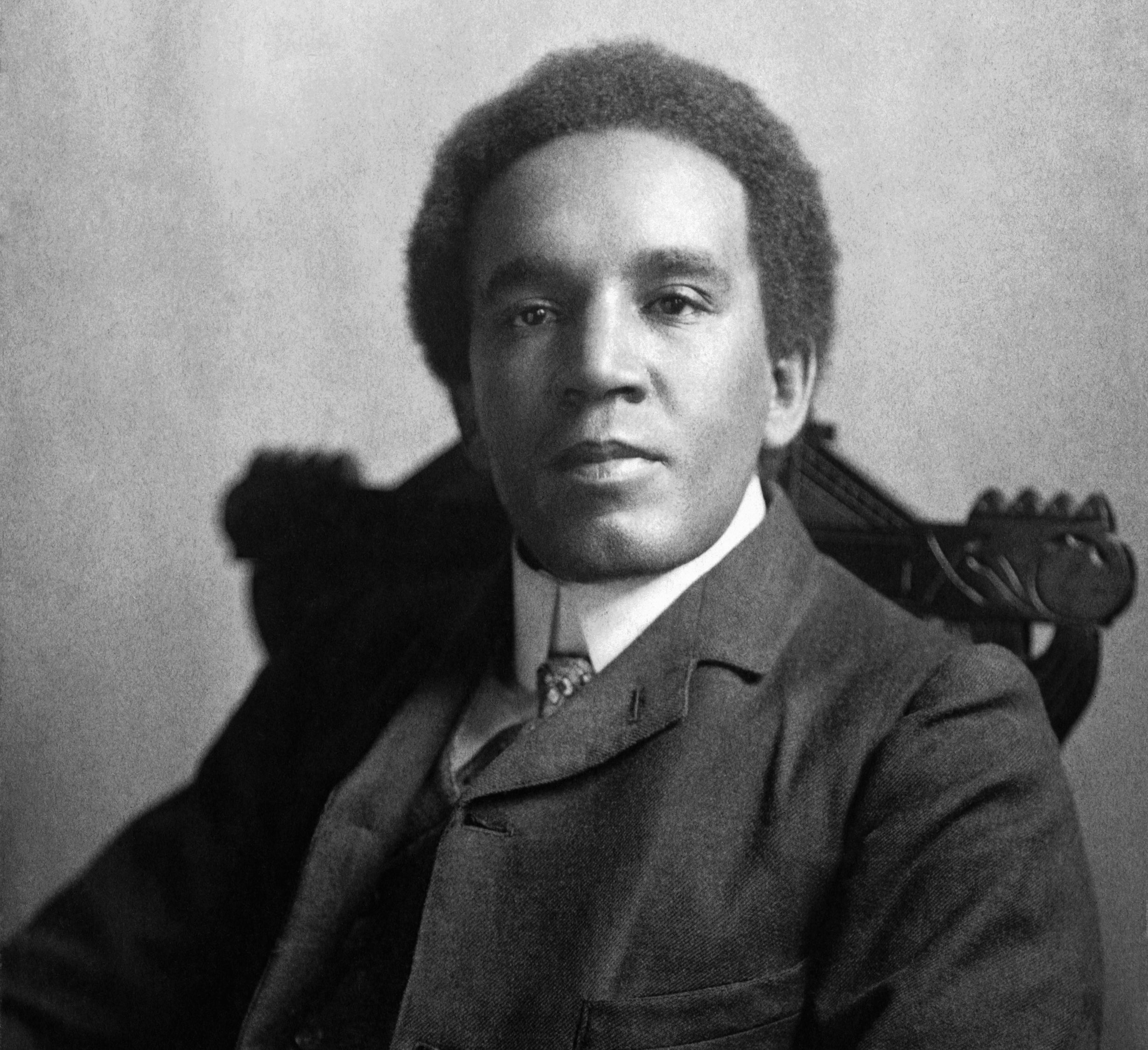In the spring of 1592 John Bull left London for Bristol, leaving his work as organist at the prestigious Chapel Royal to a subordinate. In a curious way, his leave of absence would provide a great opportunity to an undistinguished musician named William Phelps.
For reasons unknown, Bull took his time getting back to London, riding north through Gloucestershire, perhaps stealing a bit of a vacation from his employer, Queen Elizabeth, who was known to keep a short leash on her favorite musicians. He seems to have been on his way to visit friends in Worcester when he took the road along the Severn River to Tewkesbury.
During the night, William Phelps was returning home to Tewkesbury when he encountered two dismounted men, bending over someone lying beside the road. As he rode forward to investigate, the two took to their horses and galloped away.
Stay informed on the latest news
Sign up for WPR’s email newsletter.
The man lying beside the road was John Bull, dazed, bleeding, and battered, his clothes riffled and torn. Phelps brought him home and took care of him for several days until he was able to ride again. He seems also to have forwarded Bull’s description of his attackers, because two days after the robbery, two suspects were arrested as they tried to leave Bristol by sea. One of them was a Spaniard named Goula, who worked for the Duke of Feria, the Spanish Ambassador in France, and the other, Dubois, was a member of the French Catholic League. During an attempt to resist arrest, Goula fell into the harbor and drowned.
Bull invited Phelps to accompany him to London, where Bull had an audience with the Queen. Apparently Elizabeth was grateful for the safe return of her Master of Music, because although Phelps was a musician of no great note, on May 29, 1592, he was quickly and unanimously appointed as Gentleman Extraordinary to the elite Chapel Royal on the grounds that “he did show a most rare kindness to Mr. Doctor Bull in his great distress.”
Wisconsin Public Radio, © Copyright 2024, Board of Regents of the University of Wisconsin System and Wisconsin Educational Communications Board.






